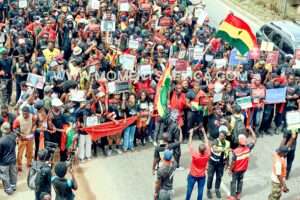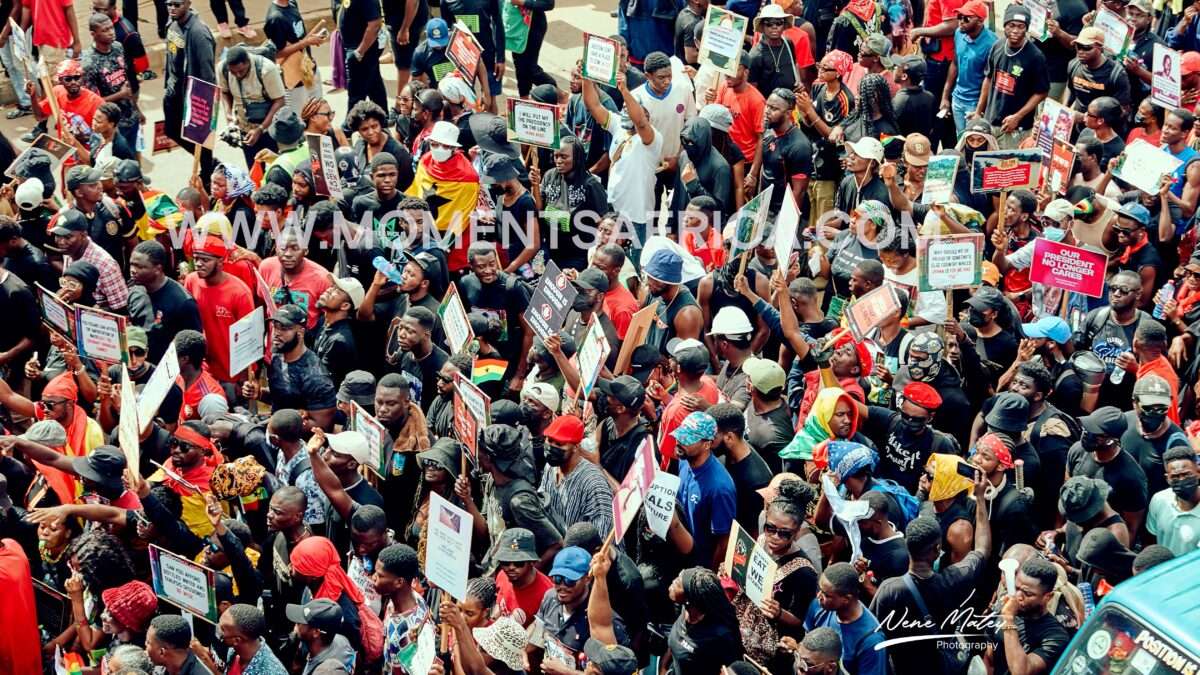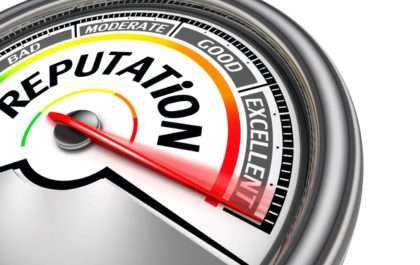The streets of Accra reverberated with an unwavering outcry against illegal mining as the much-anticipated three-day protest began on October 3, 2024. Activists, environmentalists, and concerned citizens united with two clear demands: the release of 53 Democracy Hub protesters arrested during the previous week’s anti-galamsey demonstration, and the complete cessation of illegal mining activities that continue to devastate Ghana’s environment.
Organised under the banners of #FreeTheCitizens and #SayNoToGalamsey, the marchers, primarily young people dressed in symbolic red and black, aimed to expose the environmental toll of illegal mining, locally known as Galamsey, while protesting the unjust arrests of their fellow activists. Thousands of determined protesters thronged the streets, driven by a shared sense of urgency and the need for government action.
The protest commenced at Okponglo, Legon, with marchers weaving through key landmarks such as Shiashie, the Airport Traffic Light, and the Electoral Commission before heading to Independence Square. Along the route, protesters carried placards emblazoned with powerful messages: “We Need Clean Water,” “Curruption fuels Galamsey,” and “Stop Galamsey Now,” reflecting the gravity of their concerns.

Day One: The Demand for Freedom
The first day centred on the demand for the immediate release of the 53 protesters detained two weeks earlier. Petitions were presented to the Attorney General’s Department and the Ministry of Lands and Natural Resources. Demonstrators, adorned in red for revolution and black for mourning, underscored that their fight extended beyond the detained activists—it was a fight for the survival of the nation’s land, water bodies, and future generations.
Day Two: Amplifying the Environmental Crisis
The second day intensified focus on the environmental catastrophe caused by galamsey. Addressing the crowd, the lead convener stressed that the lives of millions of Ghanaians were at risk, especially the youth, whose futures are intertwined with the health of the country’s natural resources. “We are here today because the future of Ghana is being destroyed before our eyes,” he stated, emphasising the urgency for a ban on both legal and illegal mining operations that degrade water bodies and farmlands. Protesters dismissed a recent government report on water quality improvement as “political lip service,” accusing it of ignoring the broader environmental and socio-economic impact of galamsey.
Day Three: A Vigil and a Call for Justice
The final day of the protest culminated in a solemn vigil, honouring the detained activists and the environment. Near the Accra Sports Stadium, the protesters gathered to watch a documentary by investigative journalist Erastus Asare Donkor. The film revealed the devastating effects of galamsey on communities across Ghana—destroyed farmlands, poisoned rivers, and health crises affecting even newborns.
Despite the rain, the protesters remained steadfast. Holding candles, the youth stood together, chanting and demanding justice for the 53 arrested protesters and calling for immediate government action to end illegal mining. Their message was unwavering: the land must be protected, and those who defend it must be freed.
A Protest Rooted in Urgency and Hope
As the protest came to an end, the voices of Ghana’s youth resonated far beyond the streets of Accra. What began as a demand for the release of 53 activists evolved into a nationwide movement for environmental justice.
The protesters’ demand was clear: protect the environment, release the detainees, and stop the devastation caused by galamsey before it is too late. The question that remains is whether the government will heed this call or if the cries of #FreeTheCitizens and #SayNoToGalamsey will continue to echo through the nation’s streets. Time will tell.
Wisdom Matey Tetteh
Related posts
Subscribe
Get a round-up of the best sourced articles, Stories and opportunities in your Inbox
More Stories
Men Settle Where They Find Peace. Not Beauty.
Following the covid-19 pandemic, I got infected and was put under a 14-day mandatory quarantine at a company–sponsored isolation center. I spent my days with a coworker who has also contracted the virus. We were discharged to go home after 14 days and several tests….
How my reputation (unknown to me) saved me when I needed help most
Our reputation doesn’t come from how we talk about ourselves. Our reputation comes from how others talk about us. - Simon Senek I find this statement so true reflecting on an incident that happened some years ago during my undergraduate studies at the University. After all, attempts…




